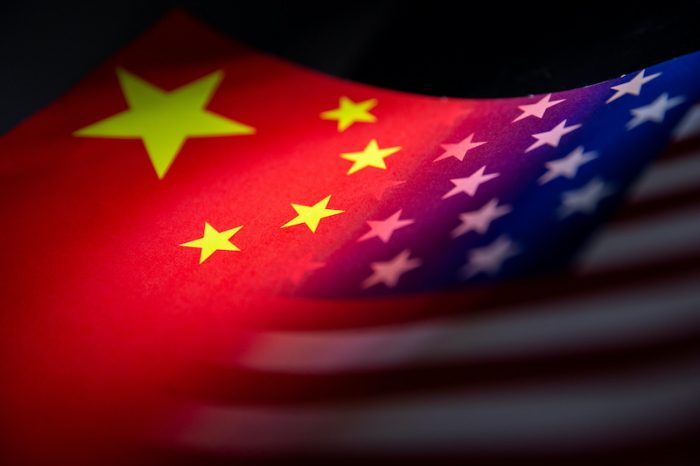The US Congress on Wednesday moved closer to passing a bill aimed at boosting the country’s ability to compete with Chinese technology.
The competition legislation authorises hundreds of billions of dollars in spending but Senate votes on motions addressing issues including energy policy and Iran sanctions could keep it from getting enough votes to become law.
In one of an expected 28 votes, the Senate voted 86-12 – with strong bipartisan support – for a “motion to instruct” sponsored by Republican senator Ted Cruz seeking a report on terrorism-related sanctions on Iran.
He said sanctions are necessary to limit cooperation between China and Iran.
If it became law, the provision could complicate negotiations on the international Iran nuclear deal, although western officials have largely lost hope that the pact can be resurrected, four years after former president Donald Trump abandoned it in 2018.
Another, from Republican senator John Barrasso, related to federal oil and gas leasing, passed by 53-44 votes.
Strong Bipartisan Support
Congress has been working on China competition legislation for more than a year. The Senate first passed a version in June 2021, with strong bipartisan support.
That $250 billion bill was hailed as potentially the most significant government intervention in manufacturing in decades, but stalled in the House of Representatives.
The House did not pass its version, the America Competes Act, until February 2022. Every Republican in the chamber except one voted no.
The act authorises almost $300 billion for research and development, including $52 billion to subsidise semiconductor manufacturing and research.
US companies are split on the newer version of the House bill because some oppose controls being imposed on what they can invest in China.
- Reuters, with additional editing by George Russell
READ MORE:
US Labour Body AFL-CIO Backs Bill on China Competition, Chips
Australia to Compete With China on Rare Earths
Biden warns Xi to expect ‘extreme competition’ from the US
























